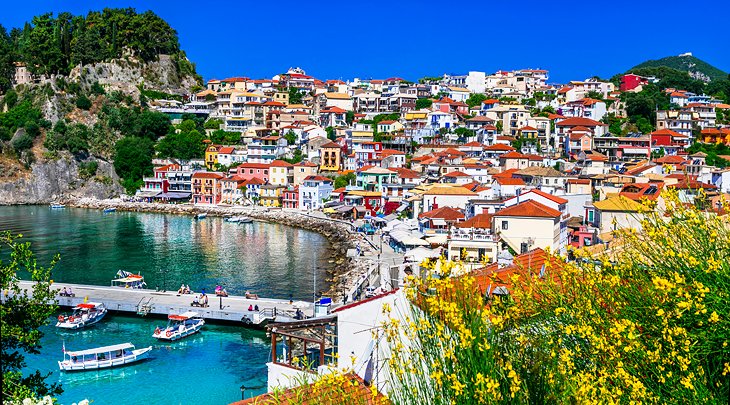
To study in Greece, international students require a recognized secondary school certificate for a Bachelor’s and an English or Greek language certificate for the program of study. Non-EU nationals need a student visa and a residence permit, applied for through their country’s Greek embassy or consulate. While public universities often have low or no tuition for EU students, non-EU students typically pay a yearly fee, with private institutions being more expensive. Monthly living expenses, including accommodation and food, are relatively affordable, estimated to be around €800–€1,000 per month.
A recognized secondary school certificate is the basic requirement for a Bachelor’s degree.
For English-taught programs, an English language certificate (like IELTS, TOEFL) is needed. For all Bachelor’s programs, some knowledge of Greek is required, with a one-year preparatory course available if you’re admitted but don’t know Greek.
There are many English-taught programs, particularly at the postgraduate level.
Non-EU students need a student visa, which must be applied for at the Greek embassy or consulate in their home country.
After arriving in Greece, a student residence permit must be obtained, which is typically for one year and is renewable.

International students choose Greece for its rich history and vibrant culture, affordable cost of living, Mediterranean climate, and well-regarded universities with many English-taught programs. The country also offers a high quality of life, access to other European countries due to its EU and Schengen membership, and a welcoming environment for multicultural communities.
The Greek lifestyle is characterized by strong family values, rich cultural traditions, a love of social interaction, and a deep appreciation for fresh food and the outdoors. While modern Greece blends ancient heritage with European influences, daily life includes leisurely coffee breaks in cafes, outdoor strolls, passionate discussions on politics and life, and significant importance placed on hospitality and community. Challenges include bureaucracy and some infrastructure issues, but the overall experience offers a warm climate, affordable living, and a deeply ingrained appreciation for simple pleasures like good food and scenic sunsets.
Greek law is based on its Constitution and EU law, with the Hellenic Parliament as the supreme legislative body. Key laws cover areas like personal conduct (e.g., carrying ID, no smoking indoors), property rights (including protection of monuments), and public order (strict drug laws, restrictions on photographing military sites). Individuals should be aware of specific rules for weapons (pepper spray is illegal), driving (DUI penalties), and potential legal obligations for dual nationals.
Beautiful cities and towns in Greece include the capital Athens with its ancient history, the iconic island towns of Santorini (Oia, Fira) and Mykonos (Chora), and the historical cities of Thessaloniki and Rhodes. Other stunning locations range from the Venetian-influenced Corfu Town and the seaside charm of Nafplio to the dramatic landscapes of Meteora and the mountain villages of Papigo.

Key historical cities in Greece include Athens, famous for the Parthenon and ancient democracy; Sparta, known for its military legacy; Corinth, with the Acrocorinth fortress; Delphi, an important religious site; Olympia, the birthplace of the Olympic Games; Mycenae, an ancient fortress city; Mystras, a Byzantine city; Rhodes, noted for its Old Town; and Argos, one of the oldest continuously inhabited cities in the world.


